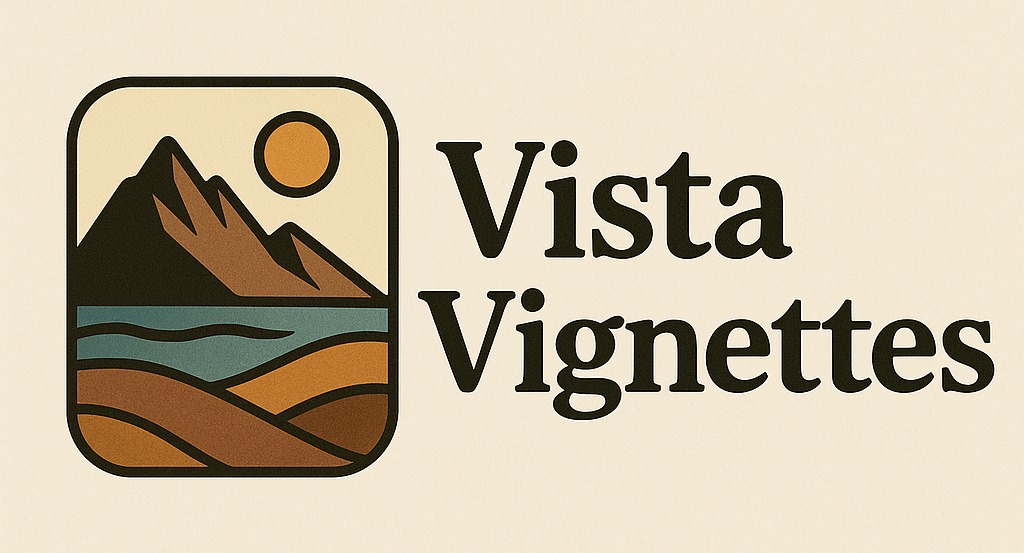Sugrue’s signature cuvée takes its identify from this wistful assertion – from the braveness and optimism required to observe viticulture in Britain’s marginal local weather. Between hungry avian buddies, winery pests, unpredictable climate and illness, rising grapes within the UK is troublesome – and tougher nonetheless for these working sustainably.
In response to WineGB, lower than 5% of British producers are licensed beneath its Sustainable Wines of Nice Britain (SWGB) initiative, which slightly begs the query: is sustainable viticulture attainable within the UK?
‘There’s no good reply,’ says sustainability guide Anne Jones – partially, she explains, as a result of there’s no consensus on what ‘being sustainable’ means. The subject could be divisive and he or she stresses that ‘progress ought to be the main target. The impossibility of perfection could be a distraction (or worse, a deterrent) from doing higher.’ SWGB’s certification scheme was designed with this in thoughts, framing sustainable viticulture round continuous enchancment, slightly than an finish aim.
As Travis Salisbury, winery supervisor at Wiston Property in Sussex, says, UK wine-growers are ‘strolling a tightrope’ between manufacturing prices and local weather challenges.
In response to Stephen Duckett, proprietor of Hundred Hills vineyard in Oxfordshire, sustainable rising is barely viable in some places. ‘We visited 300 attainable websites earlier than deciding on Hundred Hills,’ which gives the required mix of free-draining soils, pure shelter and regular airflow; an elusive and costly recipe.
For some, the reply is existential. ‘Within the UK and bigger international context, we merely can not proceed farming the way in which we do,’ say Paul Rolt and Jemma Vickers of Hebron Winery in Pembrokeshire. They might be on the excessive finish of British viticulture, however they’ve by no means used chemical sprays. As a substitute, they work with PiWis and arbustum – vines skilled up willow bushes, which give them with shelter, heat and stability in poor climate.
Ham Road Wines’ Jules Phillips is optimistic. He argues their biodynamic and regenerative practices enhance vine resilience, with higher resistance to illness, pests and local weather challenges. ‘We’ve not had a major bout of botrytis in our six years of doing this,’ he says. ‘We endure losses, however we do in addition to – if not higher than – historically farmed websites.’
Richard Woodfine of Woodfine Wine in Buckinghamshire believes the rewards outweigh the challenges. ‘It’s laborious – doing all the things by hand, the shortcoming to scale up meaningfully, the overall impossibility of earning profits from farming given the state of agriculture within the UK. We marvel why we do it… till we see our wildflower meadow, the abundance of nature, the fruits of our labour and the grins it generates.’
So, sure, sustainable viticulture is feasible within the UK, albeit with caveats. And plainly an growing variety of producers agree that it’s definitely worth the effort.
Sip to make a distinction
Sugrue South Downs, The Hassle with Goals, Sussex, England 2020
Rating: 94
£49-£53 Butlers Wine Cellar, Chanctonbury Wines, Hedonism, Lea & Sandeman, South Downs Cellars, Sugrue South Downs, The English Wine Assortment, The Sourcing Desk
This historically fermented mix of Chardonnay and Pinot Noir is a taut bushel of Granny Smith apples and elderflower, with all of the aromatic freshness of a summer time morning ripe with the promise of the approaching day. There’s additionally lemon curd on sourdough and grapefruit, whereas a refined, chalky acidity provides texture to the saline end. Drink 2025-2030 Alcohol 12%



